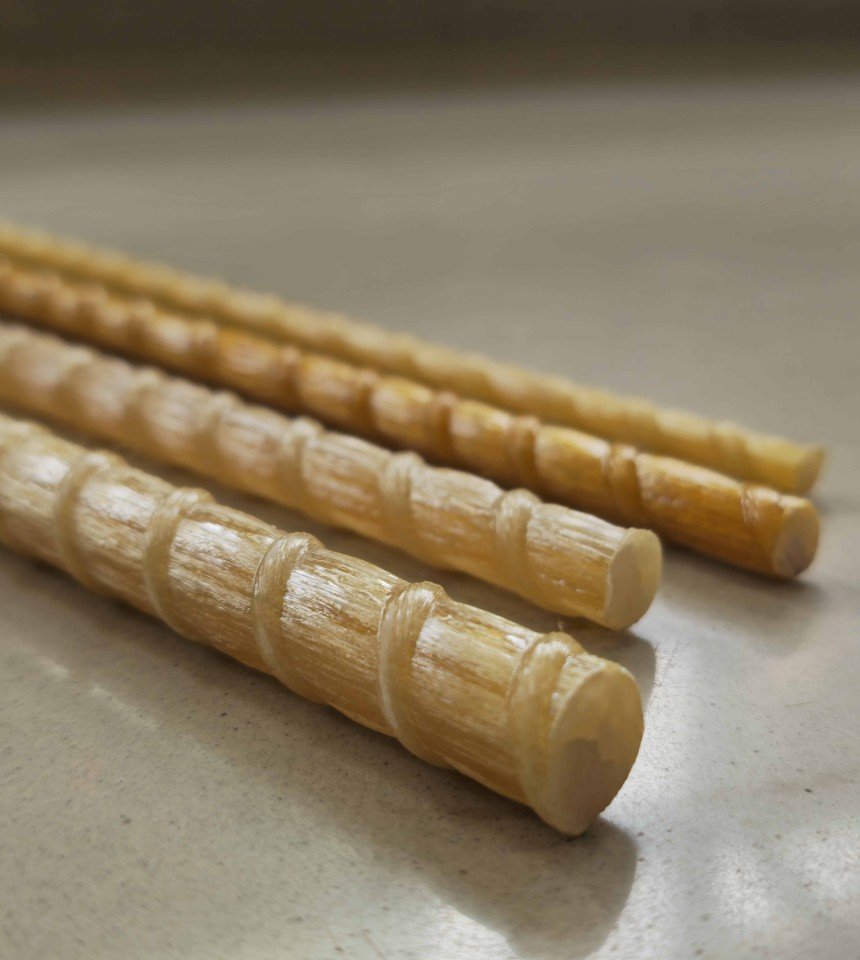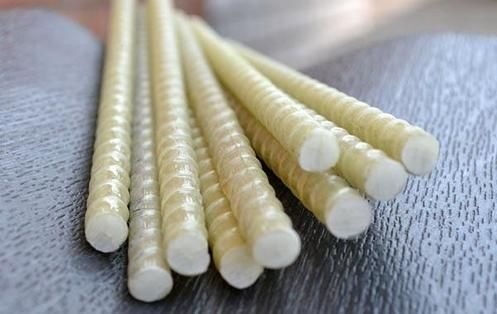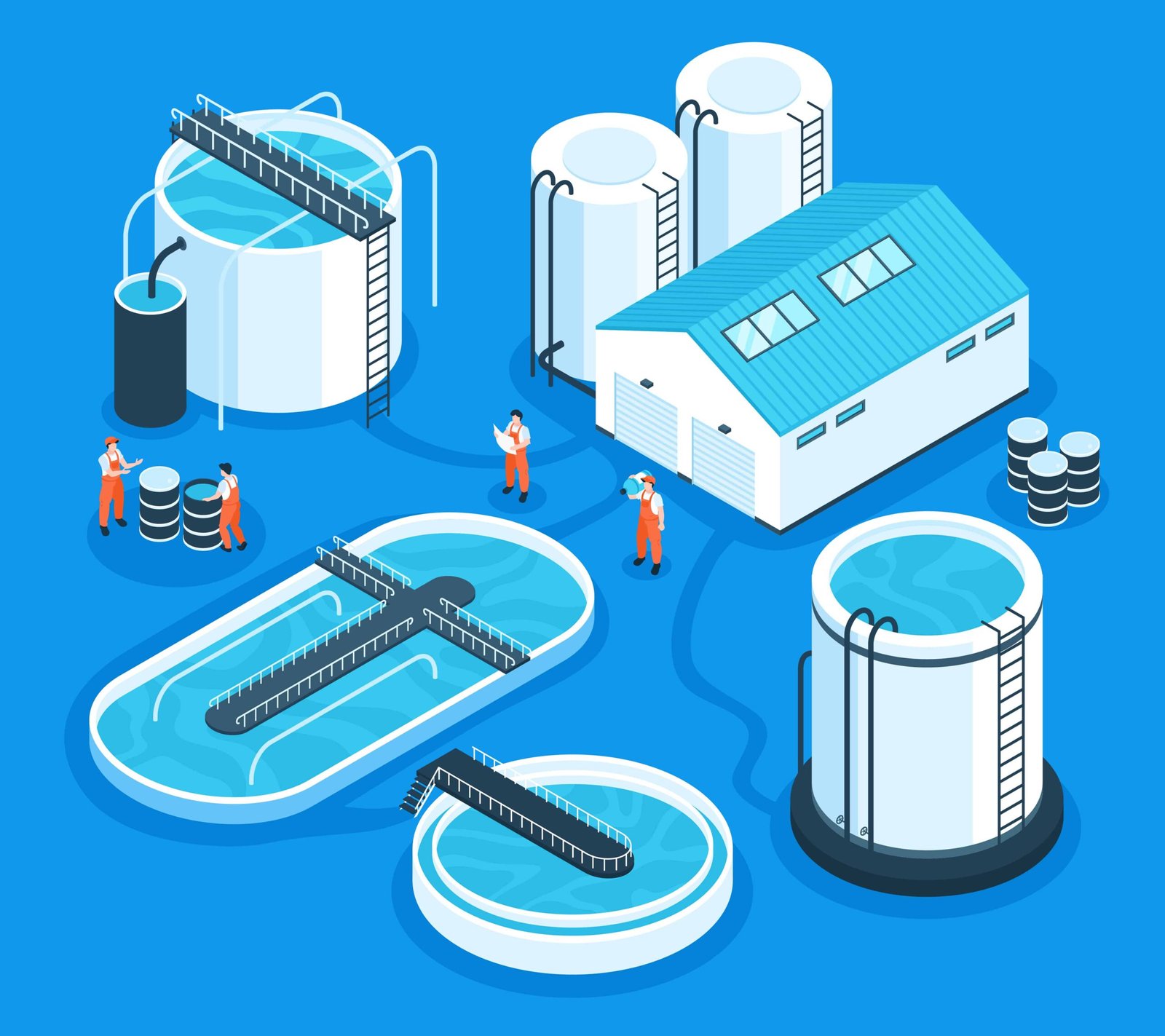
A Comprehensive Guide to GFRP Rebar: Insights from Titan Technovators
The construction and infrastructure industries are continuously evolving, with innovative materials and technologies redefining the possibilities. One such transformative advancement is Glass Fiber Reinforced Polymer (GFRP) rebar. Titan Technovators, a leader in manufacturing excellence, presents this detailed guide to GFRP rebar, designed to inform and inspire professionals in the field of engineering and material science.
Understanding GFRP Rebar
GFRP rebar is a high-performance composite material composed of continuous glass fibers embedded in a robust polymer matrix. Unlike traditional steel reinforcement, GFRP is inherently non-corrosive, making it an essential material for structures exposed to aggressive environments like marine settings, chemical plants, and areas treated with deicing salts. Its unique properties empower engineers to design for increased durability and reduced lifecycle costs, ultimately transforming the construction landscape.
The Composition of GFRP Rebar
The exceptional performance of GFRP rebar can be attributed to its precise composition:
- Glass Fibers: These continuous fibers are the primary load-bearing component, providing outstanding tensile strength, rigidity, and structural integrity. The fibers are often treated with surface coatings to enhance their compatibility with the polymer matrix.
- Polymer Matrix: The polymer resin—typically epoxy, vinyl ester, or polyester—encases the glass fibers, offering resistance to environmental degradation, including exposure to chemicals, UV rays, and moisture.
- Surface Texture: GFRP rebars are engineered with ribbed or sand-coated surfaces to optimize bonding with concrete. This ensures superior mechanical interlock and minimizes slippage, contributing to the overall structural stability.
Key Advantages of GFRP Rebar
When compared to conventional steel reinforcement, GFRP rebar offers a range of distinct advantages:
- Corrosion Resistance: GFRP rebar is impervious to rust and degradation caused by moisture, salts, and aggressive chemicals, ensuring long-term durability in even the harshest environments.
- High Strength-to-Weight Ratio: The lightweight nature of GFRP rebar simplifies transportation and handling while delivering exceptional tensile strength, making it ideal for demanding structural applications.
- Non-Conductive and Non-Magnetic Properties: GFRP’s non-metallic characteristics make it suitable for specialized applications requiring electromagnetic neutrality, such as medical facilities, research laboratories, and high-voltage installations.
- Thermal and Chemical Stability: GFRP rebar maintains its performance across a wide temperature range and resists chemical attacks, making it highly versatile for industrial and marine use.
- Reduced Maintenance Costs: Structures reinforced with GFRP rebar require minimal maintenance, resulting in significant long-term cost savings.
- Sustainability: By eliminating corrosion-related repairs and replacements, GFRP rebar supports environmentally sustainable construction practices, aligning with modern green building initiatives.
Applications Across Industries
The versatility of GFRP rebar extends across numerous industries and applications:
- Marine and Coastal Infrastructure: Essential for seawalls, piers, docks, and harbors where exposure to saltwater accelerates corrosion in traditional materials.
- Transportation Systems: Widely used in bridge decks, highway barriers, tunnels, and retaining walls to provide long-lasting durability in high-traffic areas.
- Chemical and Industrial Facilities: Ideal for settings exposed to aggressive chemicals, including tanks, cooling towers, and factory floors.
- Architectural and Residential Projects: Ensures robust reinforcement for foundations, walls, and slabs, delivering decades of structural integrity.
- Specialized Engineering Needs: GFRP’s non-conductive properties make it indispensable for projects requiring electromagnetic neutrality, such as airports and MRI facilities.
Why Engineers Trust Titan Technovators for GFRP Rebar
Titan Technovators has emerged as a trusted supplier of advanced composite materials. Here are key reasons why our GFRP rebar is the preferred choice of industry leaders:
- Stringent Quality Standards: Every product adheres to global benchmarks for performance and reliability, ensuring consistency and excellence.
- Innovation-Driven Manufacturing: Leveraging state-of-the-art technology, our production processes deliver precision-engineered GFRP rebar to meet diverse application needs.
- Sustainability Commitment: Our eco-conscious manufacturing practices align with the growing demand for green building materials.
- Expertise Across Industries: Decades of experience enable us to provide tailored solutions for a wide array of engineering challenges.
The Future of GFRP Rebar
As the complexities of modern construction continue to grow, the adoption of advanced materials like GFRP rebar is accelerating. Its unmatched durability, versatility, and environmental benefits make it not just an alternative to steel, but a significant advancement in material science. Titan Technovators is proud to lead the charge in this evolution, equipping engineers with the tools to design and build confidently in the face of new challenges.
Conclusion
Glass fiber-reinforced polymer rebar represents a cornerstone of modern construction innovation. Its unique properties address critical challenges posed by traditional reinforcement methods, offering durable, sustainable, and cost-effective solutions. By partnering with Titan Technovators, you gain access to cutting-edge materials backed by unparalleled expertise and a commitment to progress.
Contact Titan Technovators today to explore how GFRP rebar can redefine your next project. Together, we can shape a resilient, efficient, and sustainable future.





